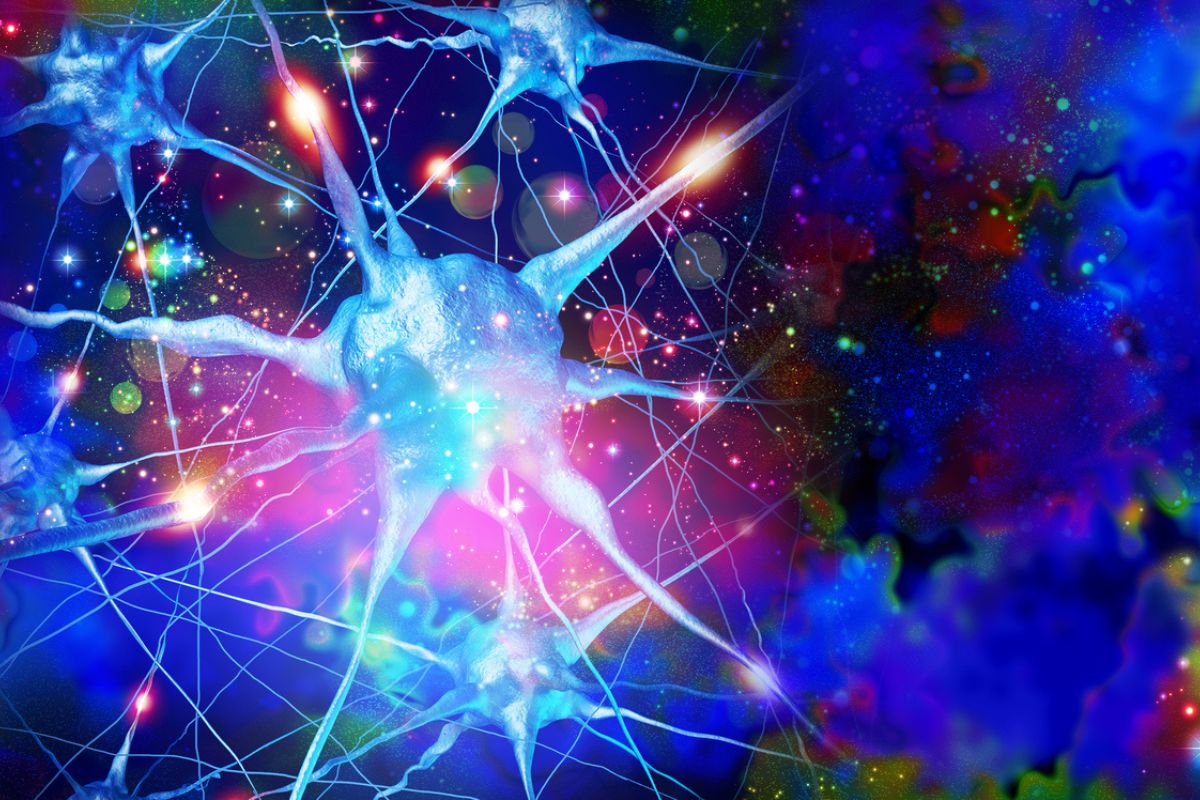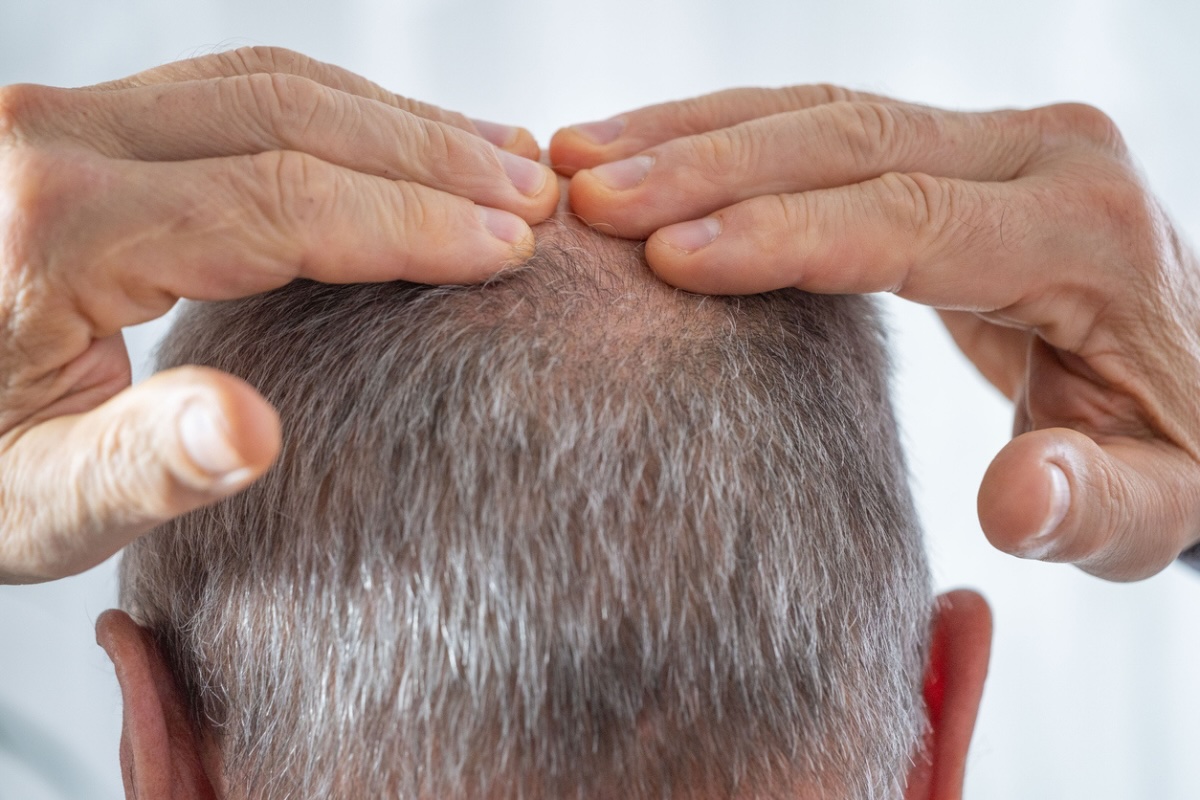A recent study suggests that not all cases of depression are the same. It identified a unique cognitive biotype of depression in 27 percent of patients.
Study Methodology
Stanford University researchers published their study in the JAMA Network Open. They randomly assigned 1,008 adults with previously unmedicated major depressive disorder to one of three widely prescribed antidepressants: escitalopram (Lexapro), sertraline (Zoloft), or venlafaxine-XR (Effexor).
Treatment-Resistant Depression in Primary Care
FDA Approves Fast-Acting Postpartum Depression Pill
Experts Clash Over Serotonin’s Role in Depression
Researchers assessed the participants’ depressive symptoms using clinician-administered and self-assessment surveys before and after the treatment, covering changes in sleep, eating, and quality of life. Participants also underwent cognitive tests to measure verbal memory, working memory, decision speed, and sustained attention.
Additionally, the researchers used functional magnetic resonance imaging (fMRI) to observe neuronal activity during a “GoNoGo” task in 96 participants before treatment and compared the images with those of non-depressed individuals. This is a type of cognitive test where participants are required to respond quickly by pressing a button when they see a specific cue (“Go”) and refrain from pressing when presented with another cue (“NoGo”.) It’s designed to assess inhibitory control and response inhibition abilities.
Cognitive Biotype Traits
The depression biotype showed prominent deficits in executive function and response inhibition. Compared to cognitively intact patients, the cognitive biotype had more severe psychomotor retardation, sleep disturbances, and impaired psychosocial functioning.
Patients with the biotype had difficulty planning ahead, displaying self-control, sustaining focus despite distractions, and suppressing inappropriate behavior. They displayed reduced activation of the cognitive control circuit, including the right dorsolateral prefrontal cortex and dorsal anterior cingulate cortex regions of the brain.
Most notably, subjects identified with the distinct cognitive biotype responded poorly to standard antidepressants. They had lower rates of symptom response and remission compared to cognitively intact patients. After treatment, the biotype continued to show cognitive impairment and less psychosocial improvement regardless of symptom change.
Mediation analysis found that change in cognitive symptoms directly influenced overall symptomatic and functional outcomes. The extent of cognitive improvement directly influenced the relief from depressive symptoms and functional capacity post-treatment. The reverse relationship did not exist.
Potential Therapeutic Relevance
The researchers suggested that patients with the biotype may benefit more from therapies directly targeting cognitive dyscontrol circuitry and behavior. For example, cognitive behavioral therapy (CBT), dialectical behavior therapy (DBT), and neurofeedback training could help improve cognitive function and manage impulsive or maladaptive behaviors associated with cognitive dyscontrol.
“One of the big challenges is to find a new way to address what is currently a trial-and-error process so that more people can get better sooner,” the study’s senior author, Leanne Williams, said. “Bringing in these objective cognitive measures like imaging will make sure we’re not using the same treatment on every patient.”
Williams and her team said future trials should match depression biotype to tailored treatment therapies. And clinicians should learn to recognize cognitive impairment as a barrier to remission in a significant subset of patients.
The study did not label the biotype with a specific name. Throughout their paper they simply referred to it with terms such as “cognitive impairment biotype” and “global cognitive impairment subgroup.”
“Our findings suggest the presence of a cognitive biotype of depression with distinct neural correlates, and a functional clinical profile that responds poorly to standard antidepressants and instead may benefit from therapies specifically targeting cognitive dysfunction. Biomarker trials targeting the cognitive biotype with more selective treatment strategies are urgently needed,” they wrote.



